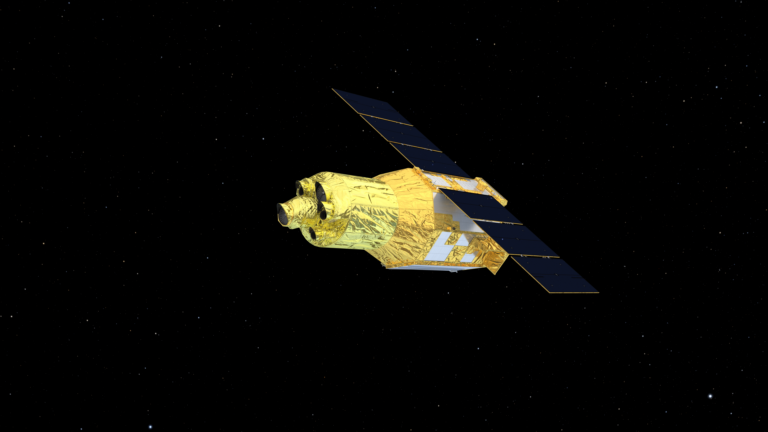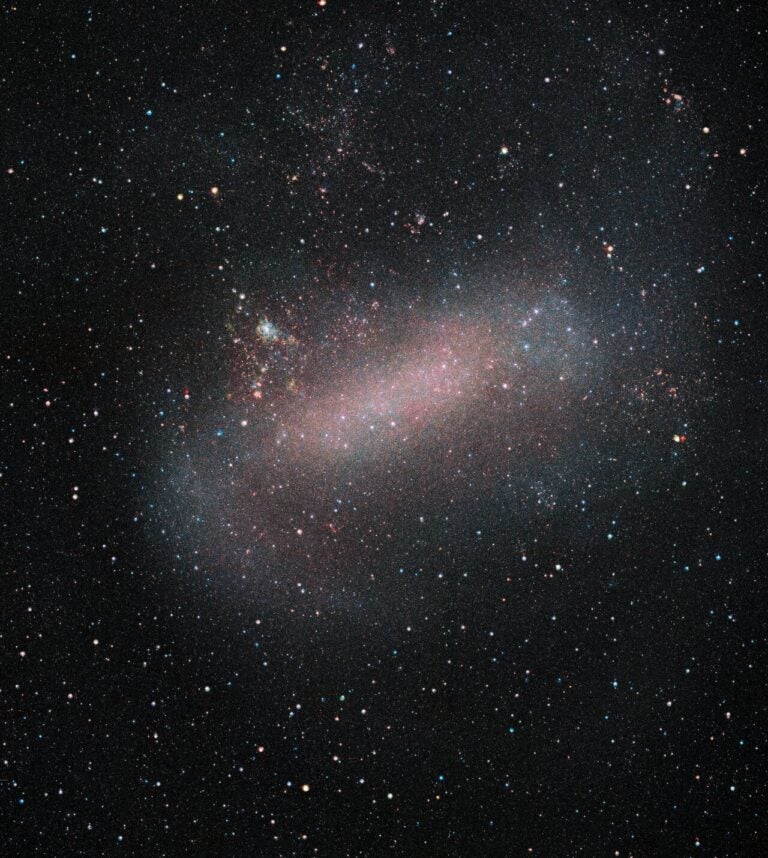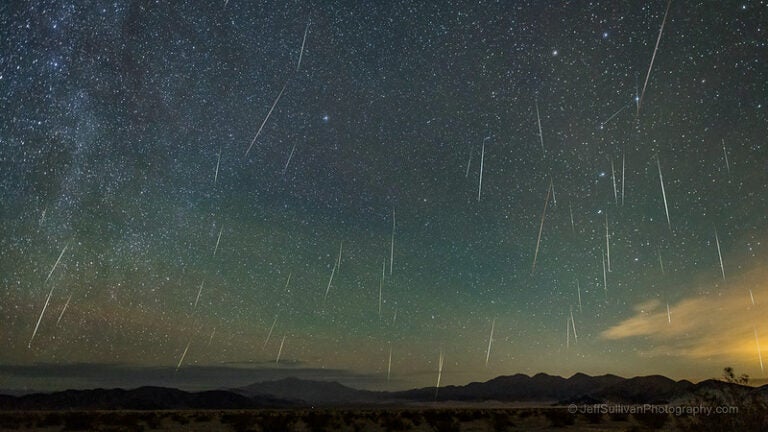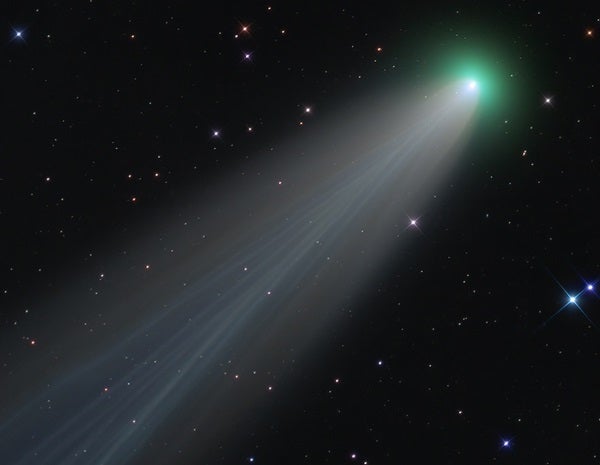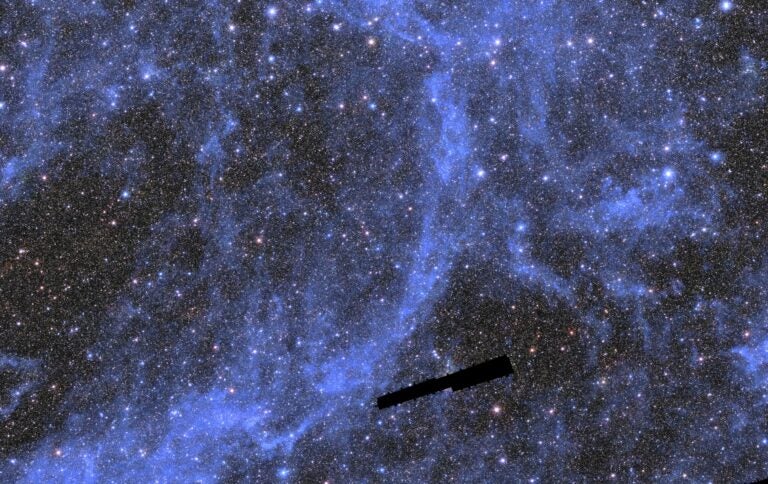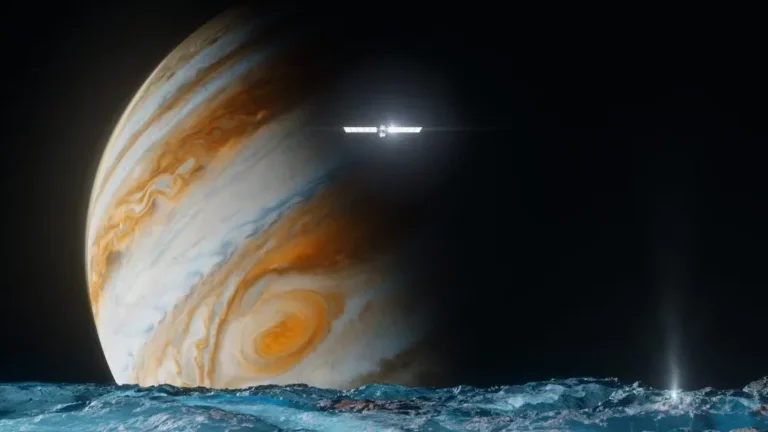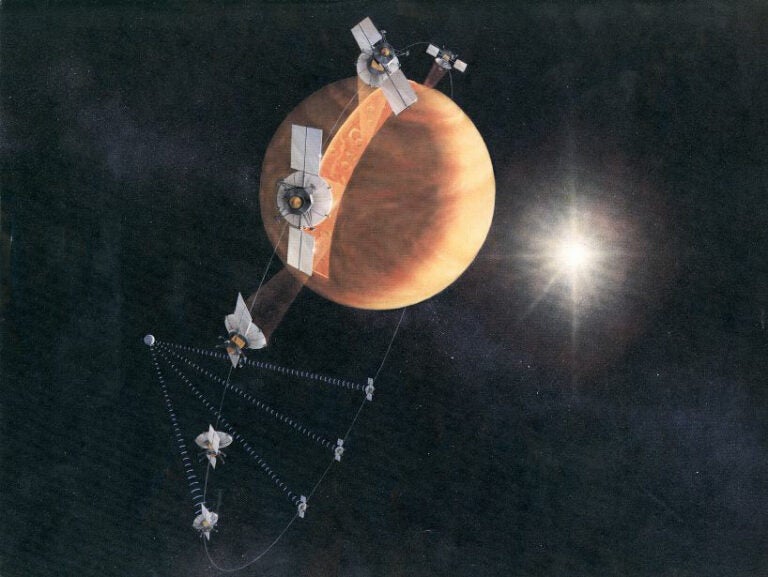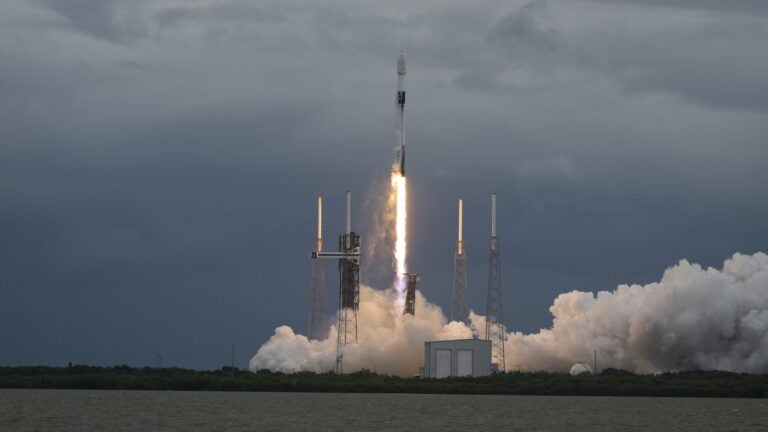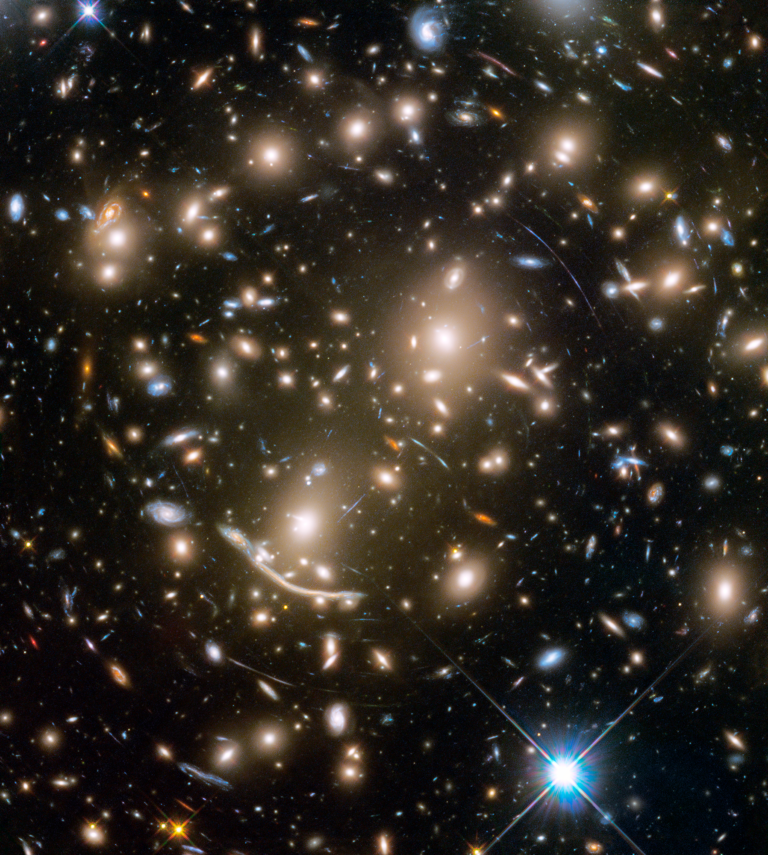
Read more of Bob Berman’s Strange Universe
March 2009: Alien winds
See an archive of Bob Berman’s strange universe
Maybe not. The pause will save money and give us time to weigh the lessons we have learned. The shuttles enlightened us to the hazards of manned spaceflight — and their super-high costs — like nothing else. Result: better designs and the know-ledge that even lavish sums of taxpayer play-dollars can’t make space truly safe. Like all adventures, it’s perilous. Public policy will no longer pretend to send schoolteachers up with little risk.
And how should we feel about these ever-increasing delays to Mars? During the Apollo years, experts were sure we’d walk on martian soil by 1982. In the 1980s, the date had become 2000. Now projections say 2035. Discouraging? This go-slow reality actually might be a good thing. Mars is the only planet of possible residence, making it a unique goal. While assertiveness is natural to some human activities, like barroom brawling or marrying on impulse, caution may be wiser with something as precious as our dreams of other worlds. If the first visitors died on Mars, so would our visions of starry pastures. Launching only when we’re truly prepared might serve us better than a tentative colonization attempt that ends in a depressing accident or radiation-induced debilitation.
Failed mega-projects provide chances for reflection, too. When Congress canceled the $50 billion super-collider in Texas in 1993, our nation surrendered the cutting edge of subatomic physics to the European CERN consortium. Academicians groaned. But was this really so bad? Most of us already are bored with today’s mind-numbing list of particles. The Large Hadron Collider will surely discover many more bits of evanescent flotsam. To what end? Bosons, mesons, pions, kaons, anti-quarks, J-particles — how much of this can we handle? Desperate theorists keep hoping for the Higgs Boson and other ultimate answers. A Grand Unified Theory of Everything. Yeah, right. Any day now.
Navigating the particle swamp will keep Europeans occupied for decades, a vast improvement over their traditional warfare pastime of bygone centuries.
But what about the unnamed blue star that exploded in this neighborhood 5 billion years ago? If you knew it was coming, you’d have said, “How awful!” But material from that supernova ultimately created our world.
So when the next Big Thing gets canceled or messed up and everyone says, “Isn’t that terrible?” I’ll try to remember the farmer: “Maybe.”
A famous fable tells of a wise farmer. When his only horse ran away, the neighbors groaned, “What bad luck!” But the farmer just said, “Maybe.”
The next day the horse came back leading 10 wild horses. The farmer was rich! The neighbors said, “You’re so lucky!” But the farmer said, “Maybe.”
That afternoon his son was thrown while trying to train one of the new horses and broke his leg. The neighbors said, “How terrible!” But the farmer shrugged, “Maybe.”
The next day men from the army came to draft the boy for the war but, seeing the broken leg, left without taking him. The neighbors cheered, “What good fortune!” The farmer said, “Maybe.”
Historically, space science has been like that. Famous astro-busts may have been blessings in disguise.
In 1971, President Nixon canceled the final three Apollo missions. The Saturn rockets had been built, the astronauts trained, and now suddenly they’d never fly to the Moon. Nixon hated Apollo anyway — his old nemesis John Kennedy was still getting posthumous praise for creating the project. Nixon was happy to see it vanish even if many were disappointed. But he was probably right. Each mission was super-dangerous, as Apollo 13 underscored. And Apollo 17 just missed getting a lethal blast of solar particles. With a dozen men already having walked on the Moon, why keep going until someone got killed? If any of the final astronauts died in space, a pall would forever fall on the whole accomplishment. It wasn’t such a bad idea to quit while we were ahead.
Or take the Hubble fiasco. The long-awaited billion-dollar space telescope was launched with a misshapen funhouse mirror, thanks to faulty testing. Its view resembled what you’d see through those plastic binoculars you win at a carnival. Astronomers went from denial to anger on the Kubler-Ross scale of grief. The situation seemed hopeless. But as it turned out, 1993’s creative fix-it mission starring the strange genius and NASA astronaut Story Musgrave was space science’s finest hour. More than a total success, it demonstrated the shuttle’s unique abilities and aimed a bright global spotlight on the American can-do spirit.
Fast-forward to 2009: After two tragedies and the loss of nearly half the shuttle fleet, the remaining ships will be canceled like a commuter train. Scrapped. Soon we’ll have no way to send people into space — for years. We’ll have to bum rides with the Russians. Our nation, reduced to hitchhiking? Is this as bad as it sounds?

